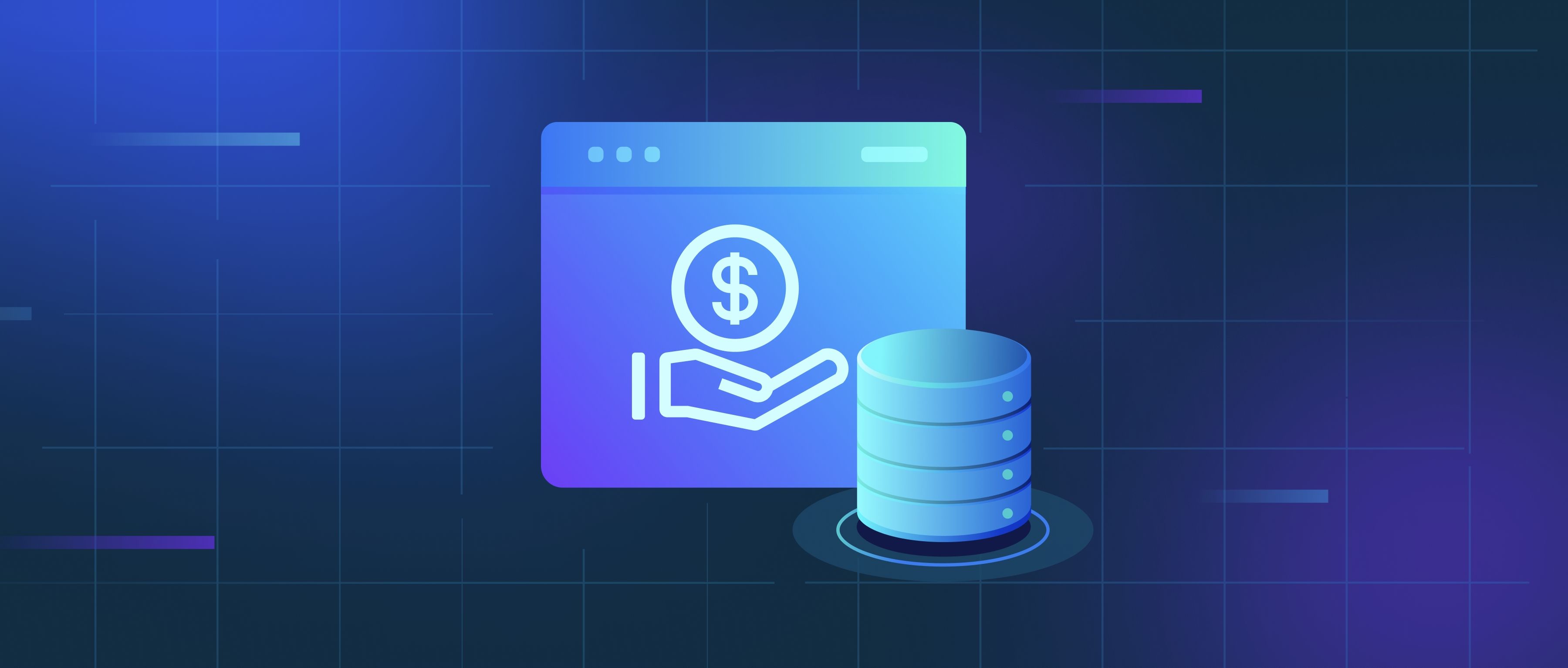LlamaIndex manages tokenization and lemmatization in a way that supports efficient data processing for text-related tasks. Tokenization is the process of breaking down a text into smaller components called tokens, which can be words, phrases, or characters. In LlamaIndex, this process is typically handled using a predefined set of rules or a library that outlines how text should be split. For instance, it can parse sentences based on spaces and punctuation, ensuring that each meaningful unit is isolated for further analysis. This step is essential for preparing data for natural language processing tasks, where the system needs to identify individual words or phrases.
Lemmatization is another important aspect managed by LlamaIndex. It involves reducing words to their base or root forms, which are known as lemmas. Unlike stemming, which may cut off prefixes or suffixes arbitrarily, lemmatization uses a dictionary-based approach to ensure that the modified word is indeed a legitimate word. For example, the lemma of "running" is "run," and the lemma of "better" is "good." In LlamaIndex, this process can be implemented using libraries that leverage part-of-speech tagging to determine the correct lemma for each token. This process enhances the quality of semantic analysis, allowing the system to understand the meaning more clearly.
When developers work with LlamaIndex, they can expect straightforward configuration options for customizing both tokenization and lemmatization processes. This includes choosing different tokenization strategies depending on the structure of the text being processed, such as handling different languages or specialized jargon. Similarly, LlamaIndex allows for integrating various lemmatization libraries, giving developers flexibility in how they want to preprocess text. This can lead to more accurate search results and better performance in applications like chatbots, search engines, and other tools relying on text-based interactions.
